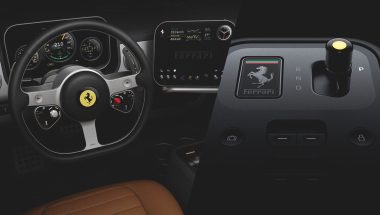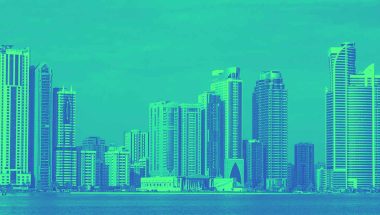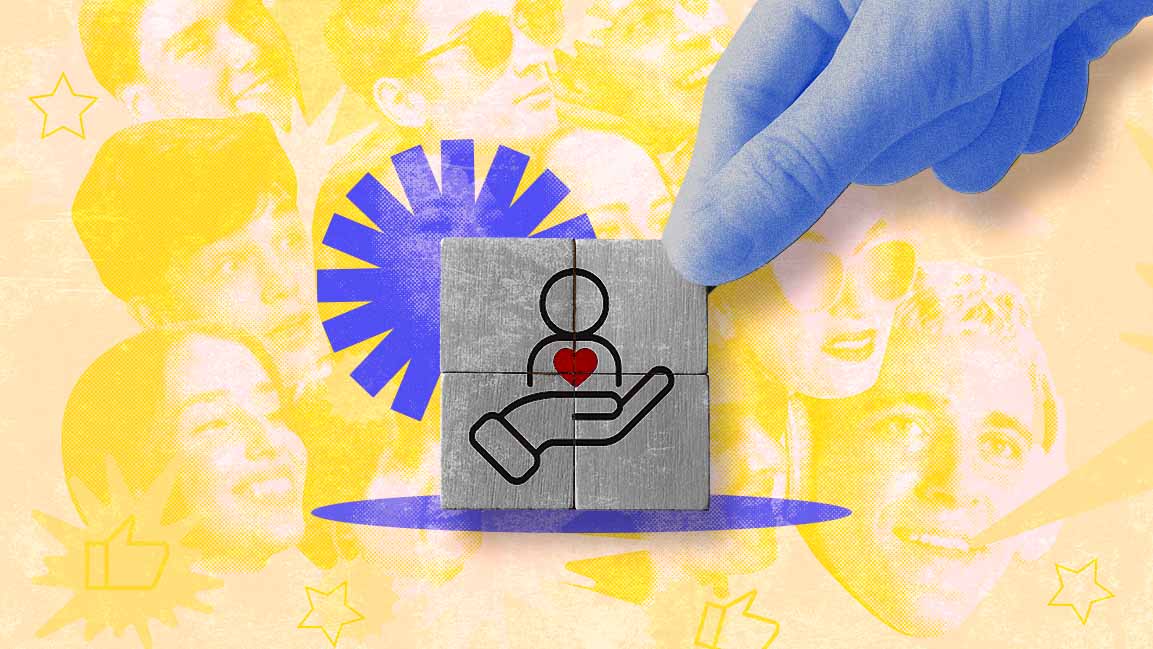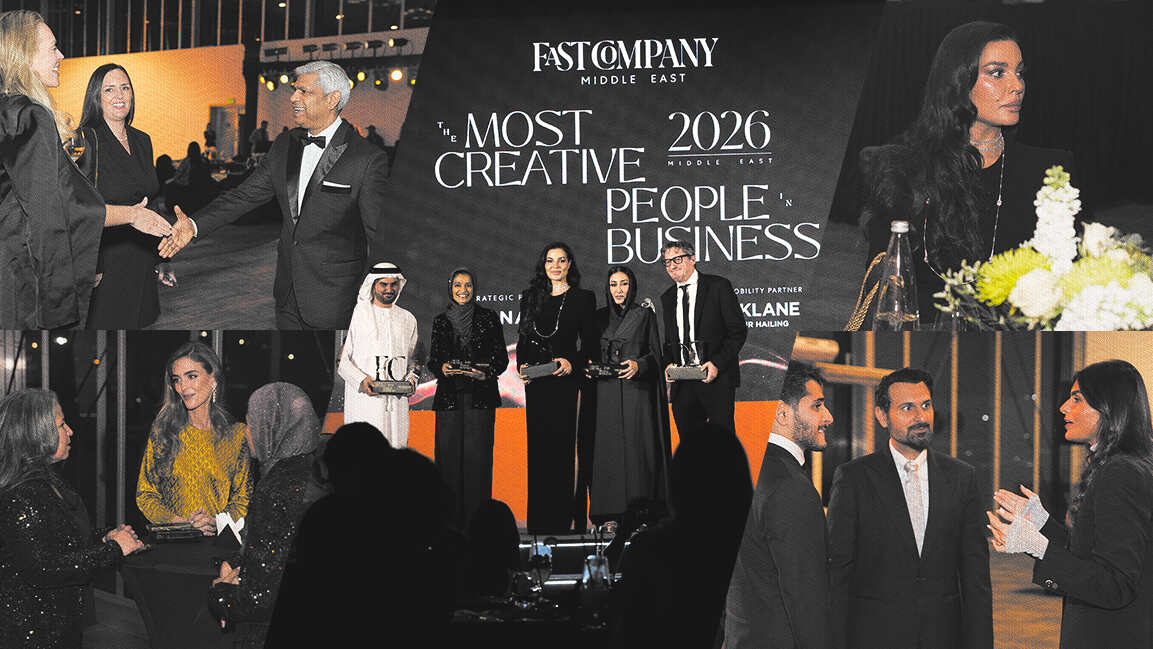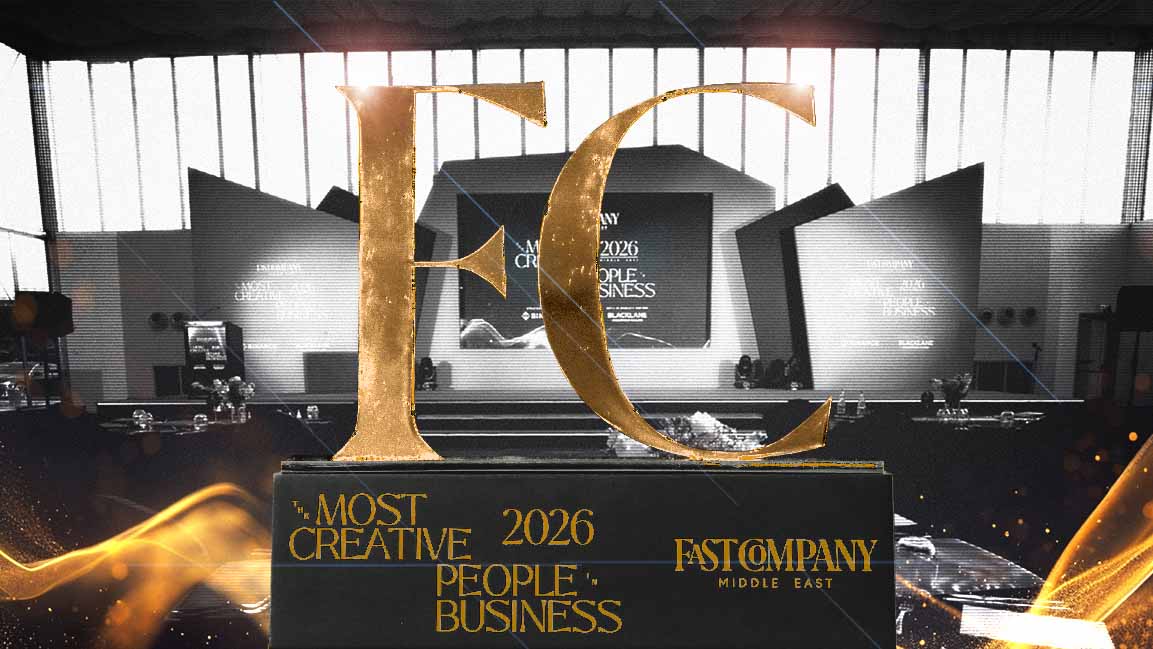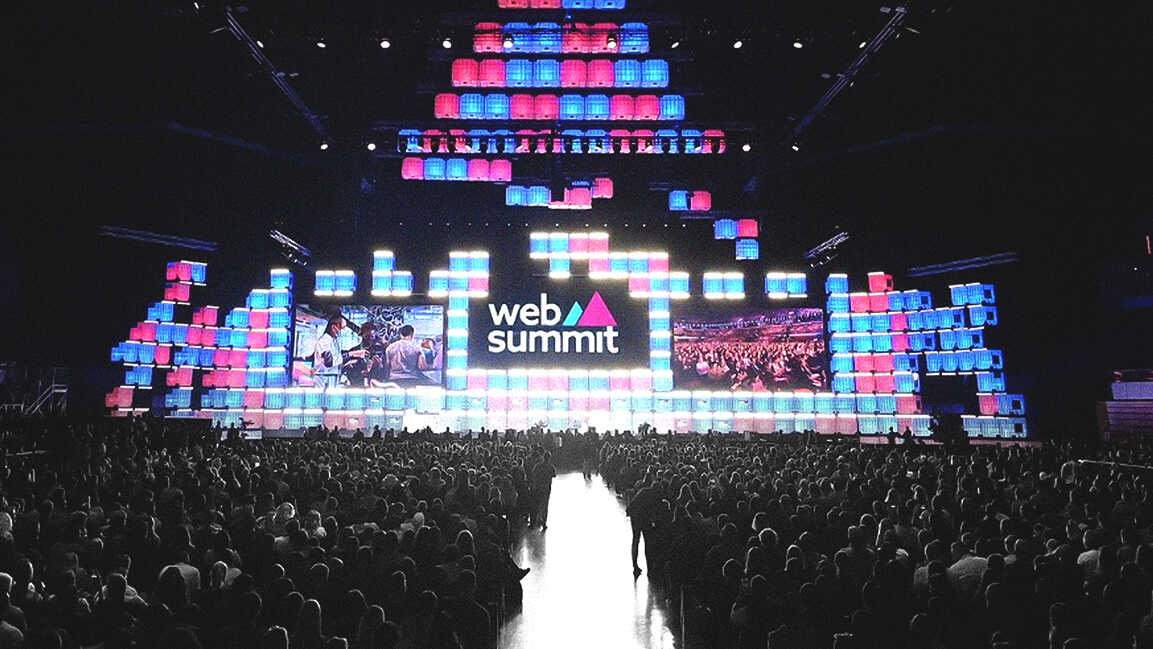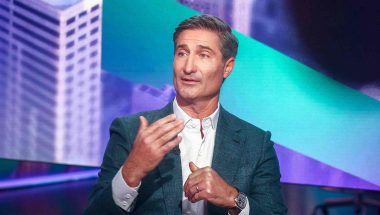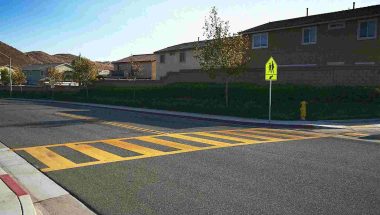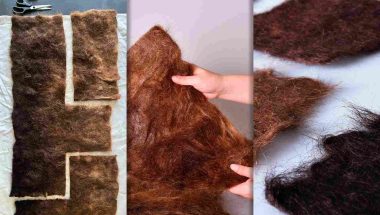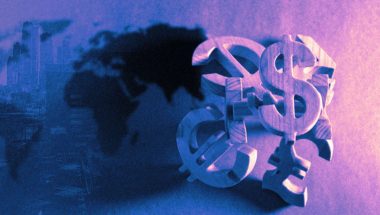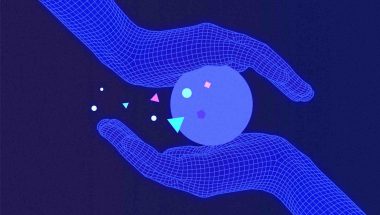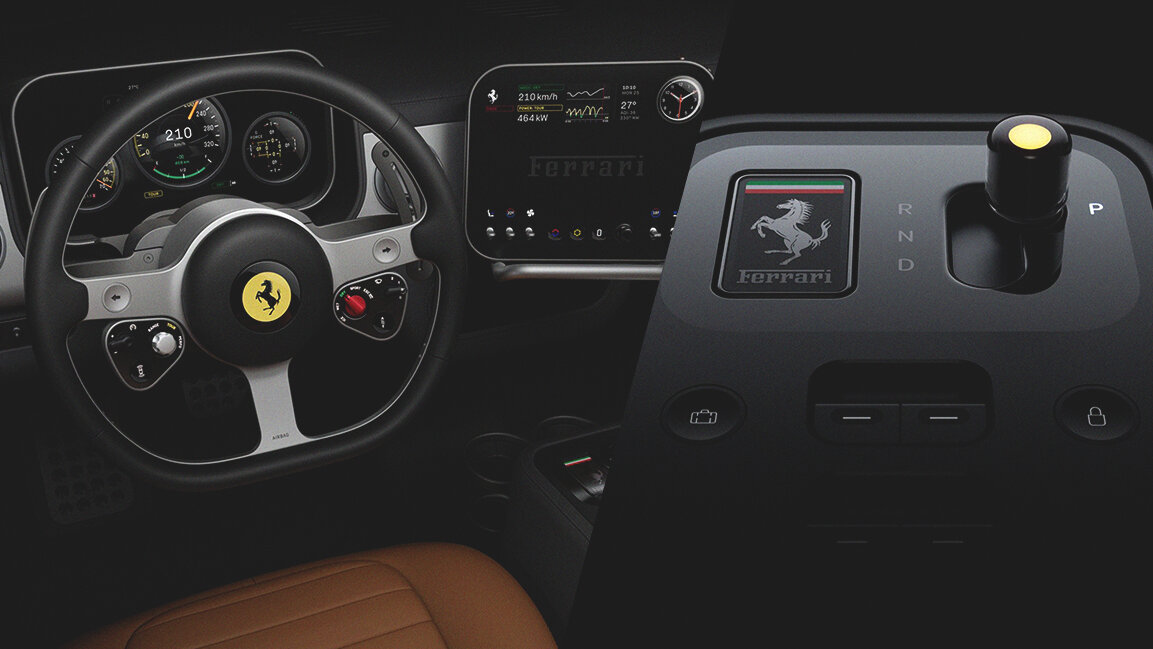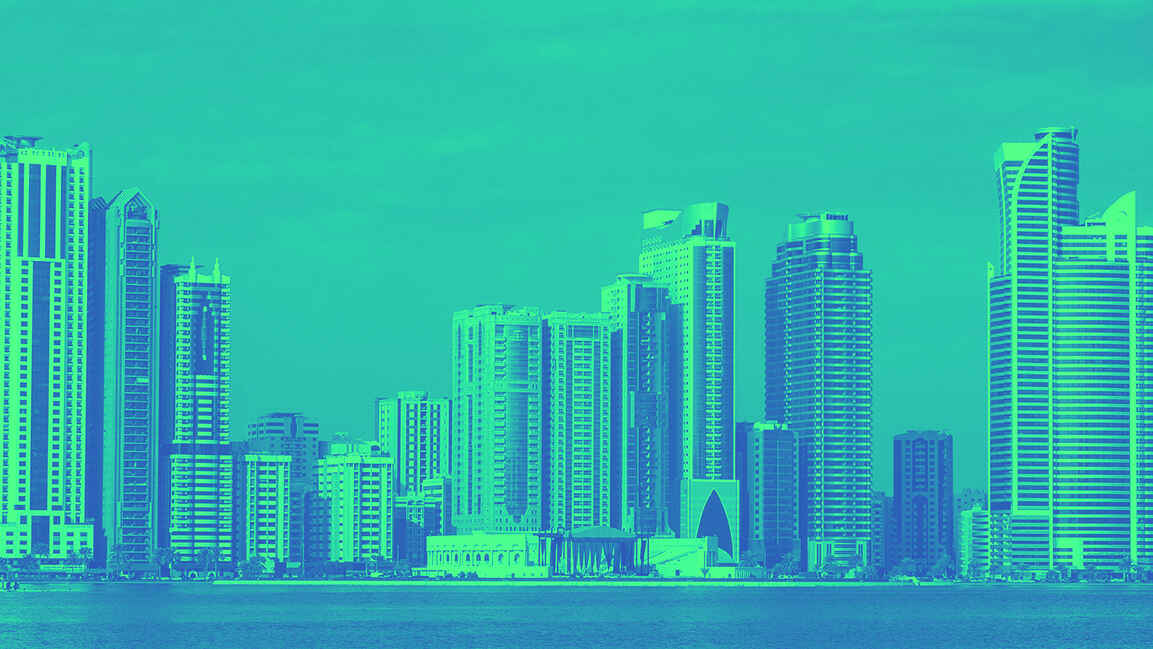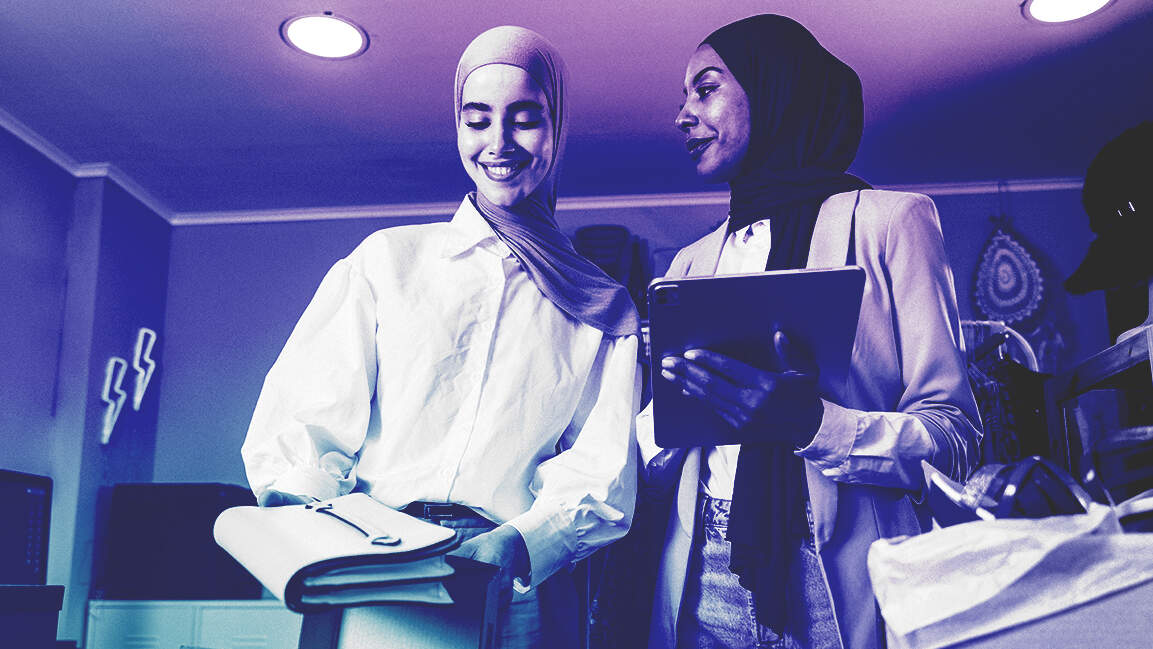- | 8:00 am
This startup makes rich, creamy butter out of CO2
Savor, a Bay Area-based startup backed by Bill Gates, makes ingredients without animals, farmland, or fertilizer.

The best plant-based burgers still aren’t exactly like beef, even if they’re getting close. The challenge is fat: It’s hard to make plant-based fats sizzle like beef fat on the grill or melt in your mouth in the quite the same way. Animal fat also gives dairy products like butter or ice cream their own unique richness.
Right now, plant-based meat and dairy brands typically use a mix of ingredients like coconut oil and sunflower or soybean oil to replace animal fat. But a Bay Area startup is working on an alternative made from an unlikely source: CO2 or fossil fuels.
Savor, the startup, begins with a source of carbon such as captured CO2. Then it uses heat and hydrogen to form it into chains that are blended with oxygen to make fats and oils. The end result can mimic animal fat more precisely. It can also mimic something like palm oil, which causes environmental problems of its own.
“We can tune it for different applications,” says Kathleen Alexander, Savor’s CEO and cofounder. “We tune it to behave like a beef tallow differently than we would tune it to behave like a milk or a palm oil.” For animal fats, the team focuses on matching the way that the molecules melt. “That maps to a behavior that is called mouthfeel, which winds up being very central to your taste experience of a food,” she says.
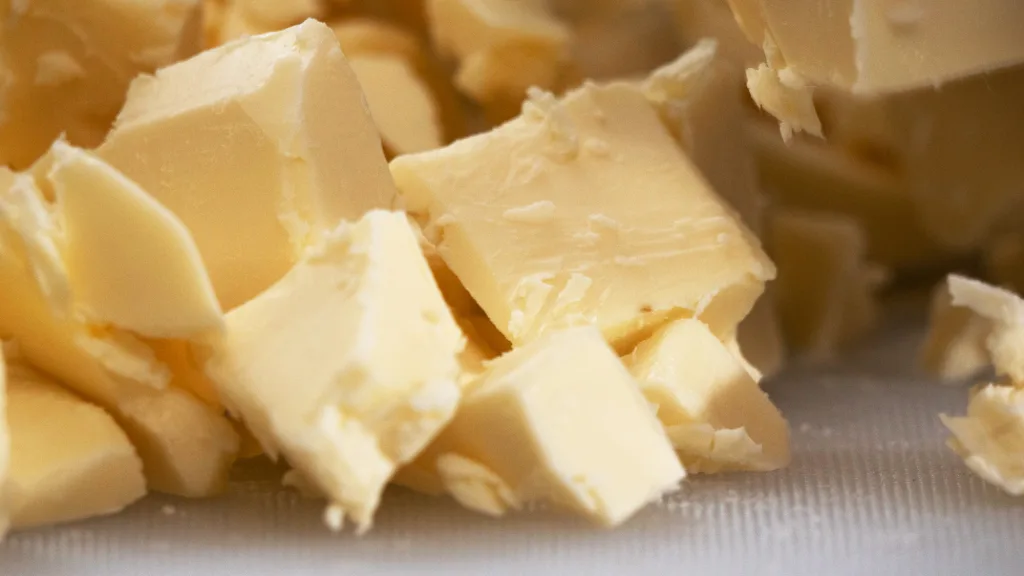
THE CLIMATE BENEFIT
Alexander, a material scientist and engineer, started working on the problem early in the pandemic. She and cofounder Ian MacKay systematically looked for leverage points to fight climate change across society. As they researched the food system, they learned that farming now uses more than half of the habitable land on the planet. Losing forests to agriculture is a major source of emissions. (Land use change for palm oil production in Indonesia and Malaysia alone has caused billions of tons of CO2 emissions since the turn of the century.) Fertilizer is another major source of emissions. If some ingredients can be grown without farming, the environmental benefits would be significant. Some farmland could potentially be restored to its natural state.
When they began considering the problem in 2020, they wondered how food production could happen differently. “We were looking at the food system in this new way of like, OK, if we want to take energy and turn it into food, like what is the most efficient way to do that?” Alexander says. “How do we take primary energy and feed it to humans? And Ian is a little bit of a unique human, and so he was like, ‘Well, can we eat fossil fuels?’”
Alexander’s first reaction: It sounded gross. But as they explored the possibilities, they realized it would be feasible to synthetically produce fats. (Because of the chemical structure, fats are easier to synthesize than proteins or carbs.) They calculated that current production of fats and oils makes up around 7% of global emissions. That’s more than three times the aviation industry’s emissions. The footprint comes both from animal agriculture and growing crops like palm oil. Savor’s process uses hundreds or thousands of times less energy.
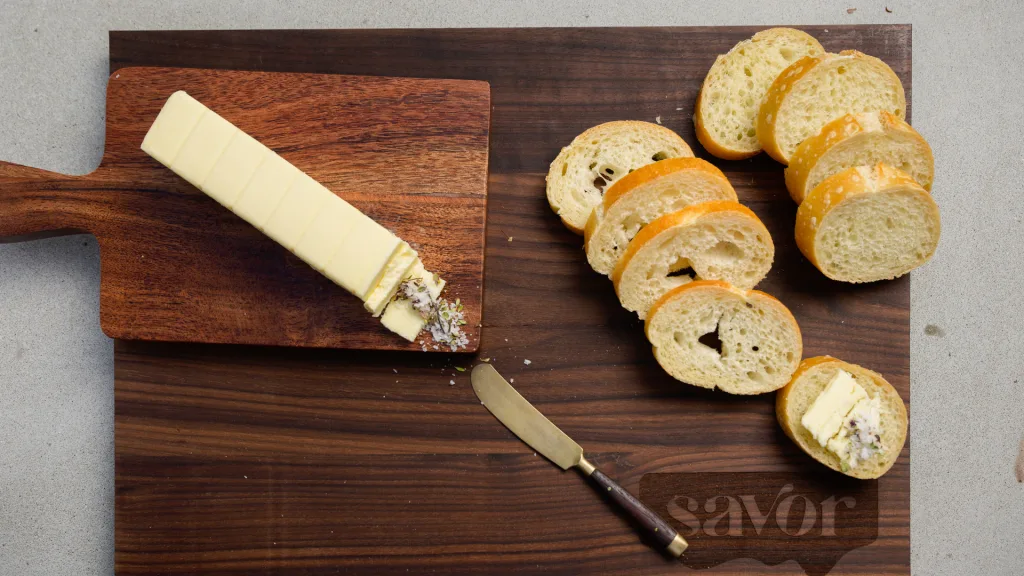
COMMERCIAL PRODUCTION WILL SOON BEGIN
The idea was one of 100 that Alexander and MacKay considered. It was promising enough that Alexander decided to launch the startup. In a lab in San Jose, the company has proven that it can make its fats both from CO2-derived feedstocks and from methane. (The CO2 comes from suppliers who get it from various sources; Savor says it’s agnostic about feedstocks.) Bill Gates, an investor in the startup, has tasted the company’s prototype butter. He says that it tastes like the real thing.
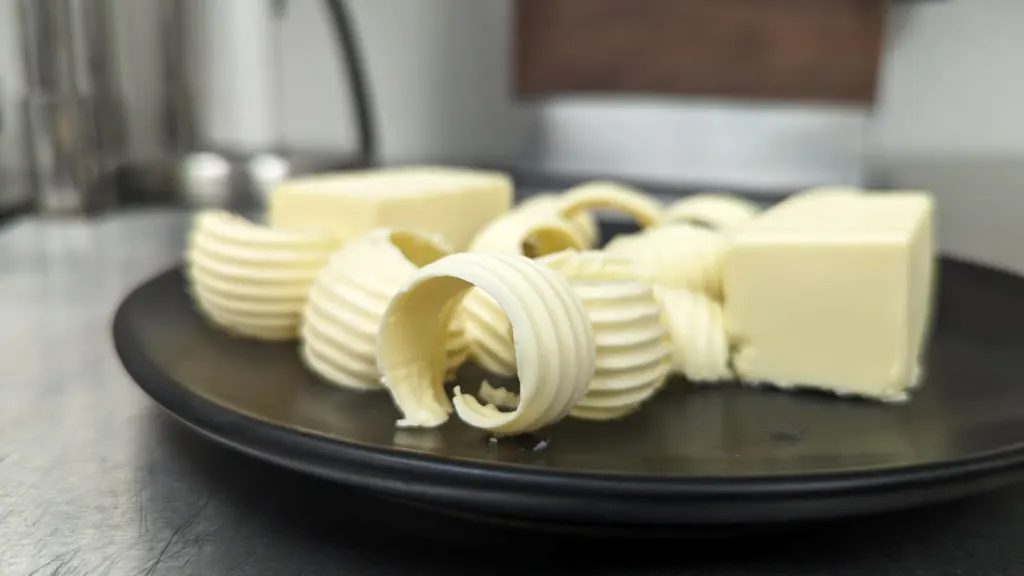
The company will soon scale up manufacturing at its first factory, using processes that are already proven in the synthetic fuel industry. The current focus is making ingredients for dairy products; because the price of milkfat is high, there’s a large market for plant-based dairy, and its product can be a drop-in replacement for other fats. The company will also make its own branded consumer products; the first product will be butter. With some more tweaking, the ingredients can also be used in plant-based meat. As production grows, the process could eventually be cheap enough to replace lower-cost ingredients like palm oil. The goal isn’t to replace traditional farming completely, but to add to it so the food system can operate more sustainably.
“The way that we think about it is we want to live in the world with the heirloom tomatoes and the avocados and the broccolini,” Alexander says. “And we also want to have enough calories for people. The reality is if we’re trying to feed ourselves with the most regenerative methods, there’s not enough land to do it.”







